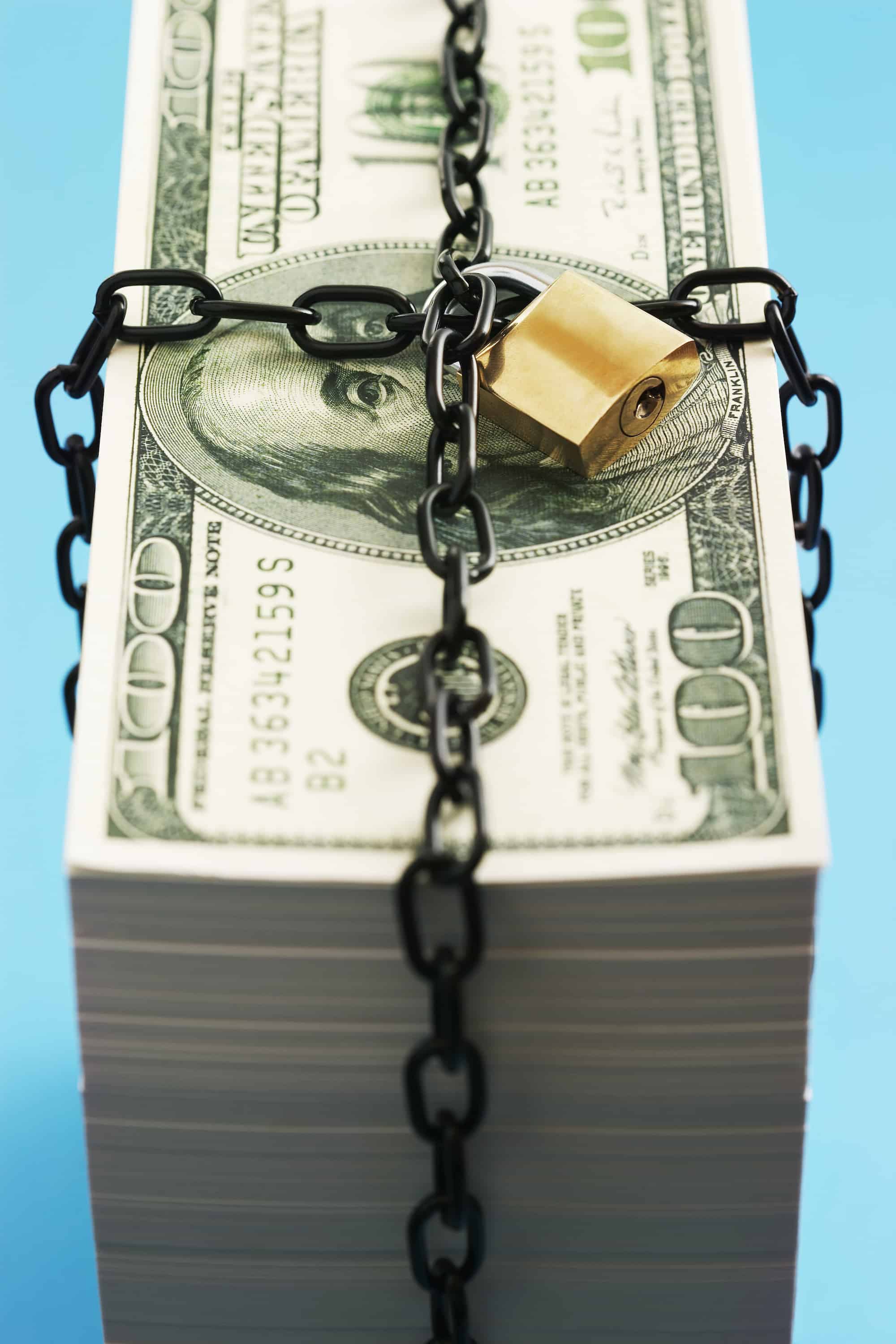Every year, 66% of small businesses fall victim to fraud. Not all of them know it. Some never will. The damage may be small and contained … or it may still be growing.

We’ve written a lot about embezzlement and fraud by employees inside the company, but 80% of attempted small business fraud comes from outside of the organization. That means that your company’s financial data is most at risk after it leaves your office.
How big of a problem is this? The median small business fraud loss is $145,000, with 22% of those cases reporting losses of more than $1 million.
Here are 5 things you need to be doing to protect yourself and your company.
Want to learn more? Here’s a great Q&A page from the Office of the Comptroller of the Currency (part of the US Treasury Department). Check out your responsibilities for preventing small business fraud, examining your bank statements, reporting questionable transactions, and more.
And we’ve also got more great articles about designing your finance function to minimize the risk of business fraud.
Finally, if you suspect any kind of fraud in your small business, act quickly. Notify your bank. File a police report. And then call FUSE. We’ve helped many victims of small business fraud to sort out their problems and get back on track.
Dedicated to your (fraud-free) profits,
David
_____________________
Interested in learning how FUSE can help you with your bookkeeping and accounting? Take a look at our video to learn more.
© 2018-2025 Fuse Financial CFO & Accounting, LLC. All rights reserved.